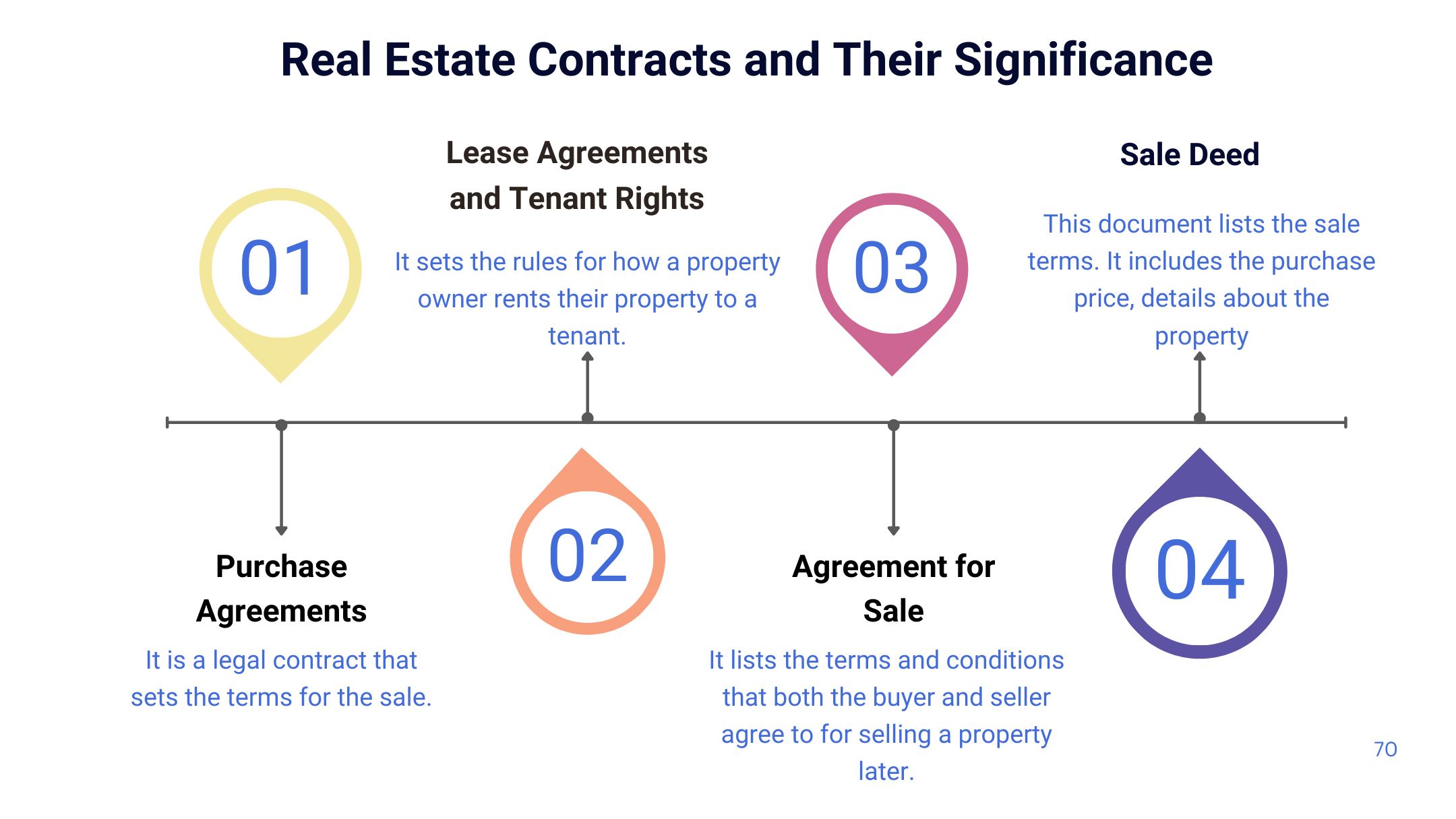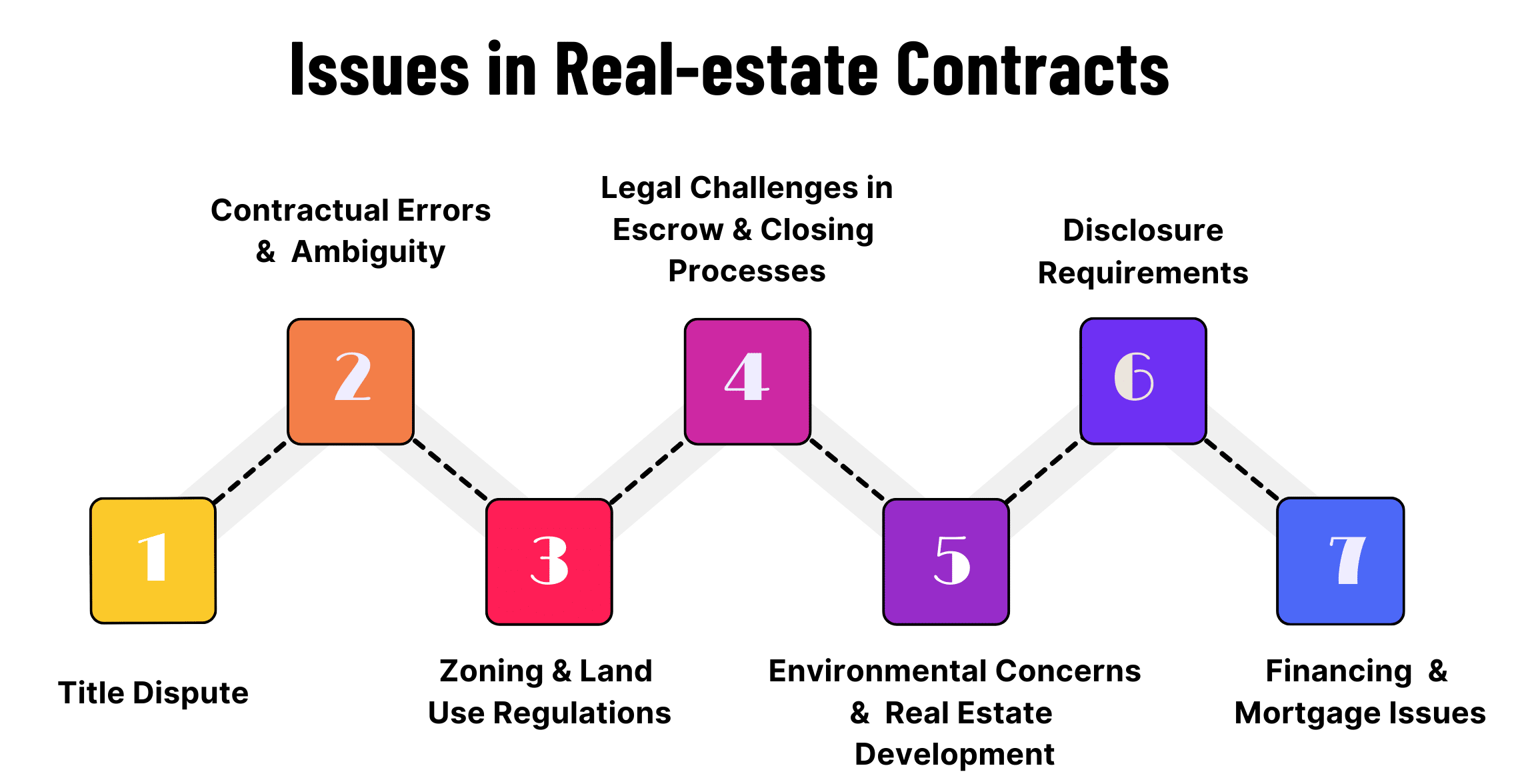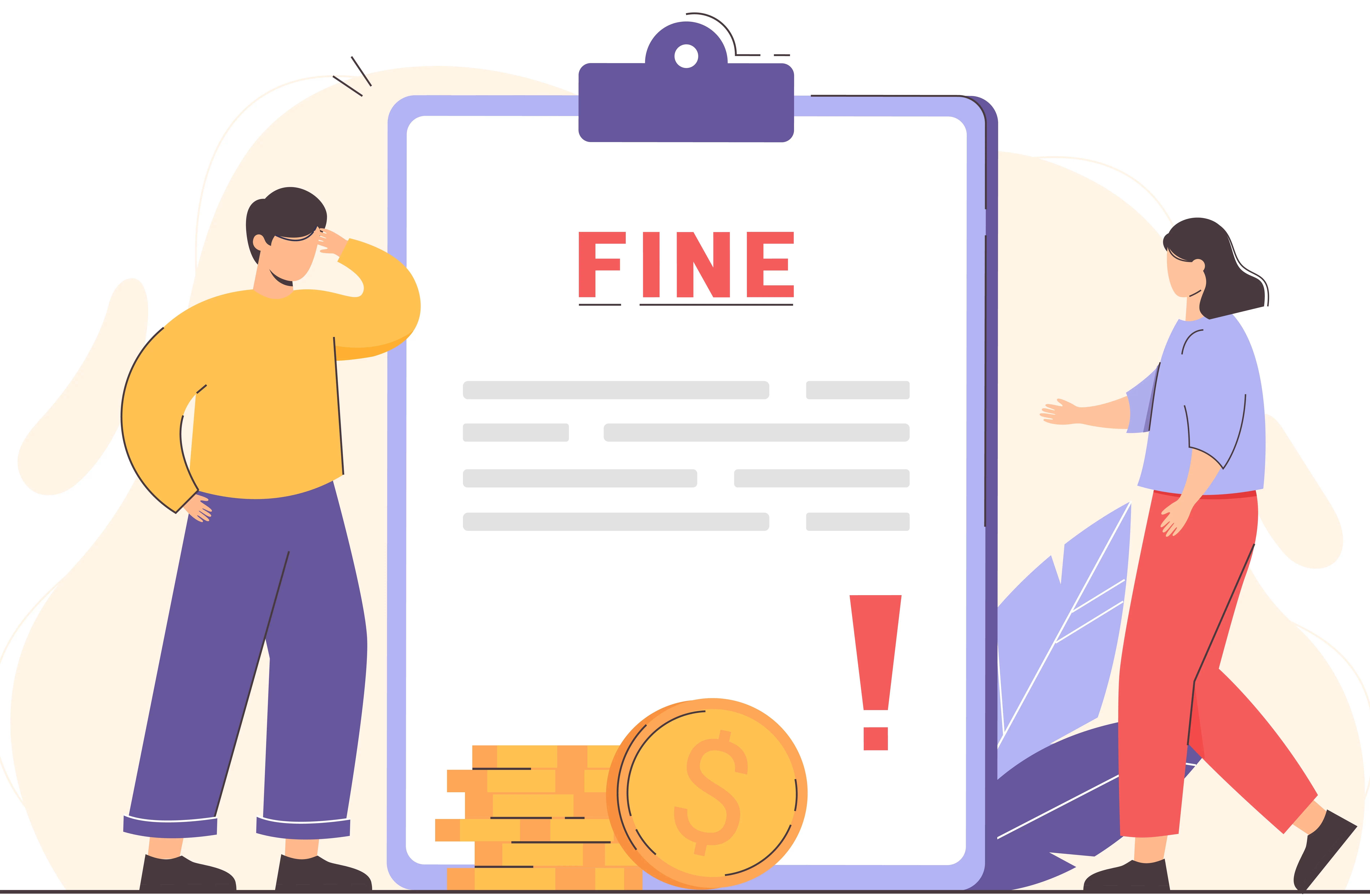Navigating real estate transactions can be tough for both potential buyers and experienced investors. The legal landscape is complex. Even what looks like a simple deal can bring surprises. This helpful guide aims to give you the knowledge to handle real estate transactions with confidence.
Understanding Real Estate Law and Its Importance

Real estate law is a specific type of law that shapes how land and buildings can be owned, used, and transferred. It covers many topics. These include property rights, contracts, zoning rules, and environmental concerns.
Knowing about real estate law is very important for anyone working on a property deal. It can help protect your rights. It can also help you avoid expensive errors and make sure the process is easy and legal. This is true whether you are buying your dream home or selling a business building.
The Basics of Real Estate in the United States
In the United States, the legal system recognizes various types of property ownership. These include individual ownership, joint tenancy, and ownership by entities like corporations or trusts. Each type affects property rights, taxes, and inheritance in different ways.
Real estate can be divided into several categories, such as residential, commercial, industrial, and vacant land. For example, commercial real estate often has more complicated legal aspects. This includes issues related to leases, zoning, and land use. Whether you are an experienced property owner or a first-time buyer, it is important to understand these basic differences.
Key Legal Frameworks Governing Real Estate
Navigating real estate transactions means you need to understand the different legal rules involved. Federal laws set basic guidelines for things like fair housing and protecting the environment. Still, each state has its own specific laws about property transactions.
Local governments also play an important role in real estate. They create land use regulations through zoning rules, building codes, and permits. These local laws deal with issues like density, appearance, and how the environment is affected. It is important to know these legal details to have a good outcome in real estate.
Related Article: Mastering Contract Terms: Your Comprehensive Guide
Types of Real Estate Contracts and Their Significance

Real estate deals depend on legal contracts. These contracts explain the rights and duties of everyone involved. They make the transfer of ownership easier and help avoid confusion that could cause problems.
It’s important to know the different kinds of real estate contracts and what each part means. Whether it’s a purchase agreement, a lease agreement, or an option to buy, having a clear contract is key for a good outcome.
Purchase Agreements: What You Need to Know

A purchase agreement is essential for any real estate transaction. It is a legal contract that sets the terms for the sale. This includes the purchase price, closing date, and any conditions that need to be fulfilled before the sale can move forward.
In real estate development, strong purchase agreements are very important. A well-written agreement protects both buyers and sellers. For buyers, it makes sure the seller can’t cancel the deal without facing consequences. For sellers, it assures that the buyer can afford to complete the sale.
The purchase agreement helps transfer ownership smoothly and reduces the chances of conflicts later on.
Lease Agreements and Tenant Rights
 A lease agreement is a legal document. It sets the rules for how a property owner rents their property to a tenant. This document usually includes important details like how long the lease lasts, the monthly rent amount, the security deposit, and who is responsible for upkeep.
A lease agreement is a legal document. It sets the rules for how a property owner rents their property to a tenant. This document usually includes important details like how long the lease lasts, the monthly rent amount, the security deposit, and who is responsible for upkeep.
Knowing tenant rights is very important for both landlords and tenants. Landlords must follow fair housing laws. These laws stop discrimination based on things like race, religion, or where someone comes from. Tenants have the right to live in safe and healthy places.
This means there should be working plumbing, heating, and a safe environment. A good lease agreement helps both landlords and tenants have a positive relationship.
Agreement for Sale

An agreement for sale is often used in real estate deals. It lists the terms and conditions that both the buyer and seller agree to for selling a property later. Buyers usually take this time to check the property and its title. They do their due diligence to find any problems or defects.
A listing agreement is a special type of sales agreement. It sets up the relationship between a real estate agent and a seller. This document explains how much commission the agent will earn, the marketing plan, and how long the property will be available for sale. A clear listing agreement helps create an open and helpful partnership between agents and sellers.
Sale Deed
 A sale deed is an important legal paper that proves the ownership of a property has changed from the seller to the buyer. This document lists the sale terms. It includes the purchase price, details about the property, and the rights and duties of both the seller and the buyer.
A sale deed is an important legal paper that proves the ownership of a property has changed from the seller to the buyer. This document lists the sale terms. It includes the purchase price, details about the property, and the rights and duties of both the seller and the buyer.
When the sale deed gets registered, the buyer is protected legally. It proves their rightful ownership of the property and helps guard against legal risks linked to ownership issues. If any legal questions or disputes come up about the property later on, the sale deed is the main document that shows clear ownership and helps solve those problems.
It is a good idea to talk to a real estate attorney. They can help make sure that the deed is written and signed correctly, which can reduce problems and protect the interests of everyone involved.
Related Article: Contract Termination: Tips to Avoid Legal Issues
Top 7 Legal Issues in Real Estate

Real estate deals can be exciting, but they can also be quite complicated. There are legal problems that can happen if you are not careful. Knowing about these common issues can help you handle the process better and avoid expensive errors.
Issues like title disputes, zoning violations, and environmental concerns are important to recognize. It is key to understand the legal landscape so you can protect your interests and make smart choices. Here are seven common legal issues in real estate.
Title Disputes and How to Handle Them

Title disputes are a common problem in real estate deals. They occur when different people claim ownership of the same property. These disputes can happen for several reasons. They may come from unresolved liens from past owners, mistakes in public records, or boundary issues with neighbors.
Unresolved liens, like unpaid taxes or claims from contractors, can create problems and block a smooth transfer of ownership.
It is important to do a thorough title search before buying a property. A title search looks at public records to find the ownership history and any issues related to the property. Title insurance helps protect buyers and lenders from financial losses due to what is called title defects. This insurance gives people peace of mind during real estate transactions.
Related Article: Contract Disputes: A Comprehensive Guide
Contractual Errors and Ambiguities: Avoiding Common Pitfalls

Real estate contracts are very important documents for property deals. They are legally binding and lay out the terms that buyers and sellers agree on. Even small mistakes or unclear parts in these contracts can lead to big problems. For instance, if a property description is unclear, the purchase price is wrong, or signatures are missing, it can cause confusion and might even void the contract.
Both buyers and sellers need to carefully check the contracts and fix any issues before they sign. Getting legal help from a real estate attorney is very important during the drafting and reviewing of the contract. An attorney can spot potential pitfalls, ensure the terms are clear, and protect your interests in the deal.
Related Article: How to Review a Contract: 10 Tips for successful Contract
Zoning and Land Use Regulations: Navigating the Complexities

Zoning and land use rules set by local governments decide how a property in a certain area can be used. These rules often split land into different types: residential, commercial, industrial, or agricultural. It is very important to understand these zoning and land use rules for any real estate project.
If you do not follow local zoning laws, you could face project delays, fines, or even legal action. It is very important to research and know the zoning rules that apply to your property. This should be done before you start any development or make big changes to how the property is currently used.
Environmental Concerns and Real Estate Development

Environmental issues are now very important in real estate deals, especially in development projects. Environmental rules help protect natural resources, public health, and the environment. They address problems like soil contamination from old industrial sites, the presence of harmful materials like asbestos or lead-based paint, and potential effects on local ecosystems.
Before buying or developing a property, it’s important to do environmental due diligence. This might mean hiring environmental experts to check the land for possible contamination. They can find out what needs to be cleaned up and make sure everything follows environmental rules. By being proactive about environmental concerns, you can reduce legal risks and support sustainable real estate practices.
Related Article: How CLM Software Benefits the Energy Industry?
Disclosure Requirements: What Sellers Need to Know

Sellers must tell potential buyers about any known problems or defects in their property. Each state has its rules on what needs to be shared but usually includes significant property defects. Some examples are issues with the structure, foundation problems, roof leaks, plumbing or electrical issues, mold, and past pest problems.
If sellers do not share this information, they can face serious legal issues. They may get sued for fraud, misrepresentation, or breach of contract. In some cases, buyers may cancel the purchase agreement if they find out about defects that were not disclosed after the sale is completed.
Related Article: 8 Legal Issues in E-Commerce: An Effective Guide
Financing and Mortgage Issues: Understanding the Legalities

Financing, usually done with mortgages, is essential for real estate deals. Both buyers and sellers need to understand the legal aspects of financing. This can help them avoid potential pitfalls and conflicts. Mortgage agreements are contracts that explain the loan details.
These include the interest rate, payment schedule, and what happens if payments are missed. Disputes about financing can come from different problems. These can be loan approval delays, appraisal differences, or changes in lending rules. Such problems can slow down the closing, put financial stress on buyers, or even cancel the deal.
Legal Challenges in Escrow and Closing Processes

The escrow and closing processes are the last steps in a real estate transaction. This is when the seller officially gives ownership of the property to the buyer. These steps help make sure that everything goes smoothly and safely, but they can still face some legal challenges.
In the escrow process, a neutral third party holds the buyer’s money and important papers like the deed and mortgage. This happens until all the sale conditions are fulfilled.
However, legal issues can come up. These can include problems like title insurance claims, disputes about property taxes, or sudden financing issues. Sometimes, disagreements can cause delays in closing. In rare cases, they may even lead to canceling the transaction.
Related Article: 4 Legal Issues in Retail: How to Mitigate Risks in Retailing
Conclusion
In conclusion, it’s very important for both buyers and sellers to understand the legal aspects of real estate. There can be many issues, like title disputes, environmental concerns, and financing problems. Being well-informed helps you avoid costly errors. When you learn about real estate law, you can manage transactions confidently and make sure everything goes smoothly from beginning to end.
Always be active, get professional help when you need it, and protect your interests in all property deals. If you have more questions or need help, feel free to talk to legal experts who specialize in real estate matters.
Frequently Asked Questions
What are the most common title disputes in real estate?
Title disputes can come from different reasons. This can include mistakes in public records, hidden liens from past owners, and boundary issues. A thorough title search by title companies and legal professionals is important to find any problems.
How can contractual errors be avoided in real estate transactions?
- Review all contracts closely.
- Ask questions if anything is unclear.
- Hire a real estate attorney for help.
- Get their expert legal advice and ensure due diligence.
- Their knowledge of real estate law, especially about home buying, can help you avoid expensive mistakes in contracts.
What should sellers disclose to potential buyers?
Sellers have to share important property defects they know about. If they hide such information, it could lead to legal action. Being honest helps both the sellers and buyers. These rules about disclosure help potential buyers understand the condition of the property and any possible problems.
What should I do if undisclosed property defects are discovered during a real estate transaction?
If you find hidden property flaws during a real estate transaction, talk to a real estate attorney right away. They can help you decide what to do next. This may include changing the deal conditions or, if needed, taking legal action.





